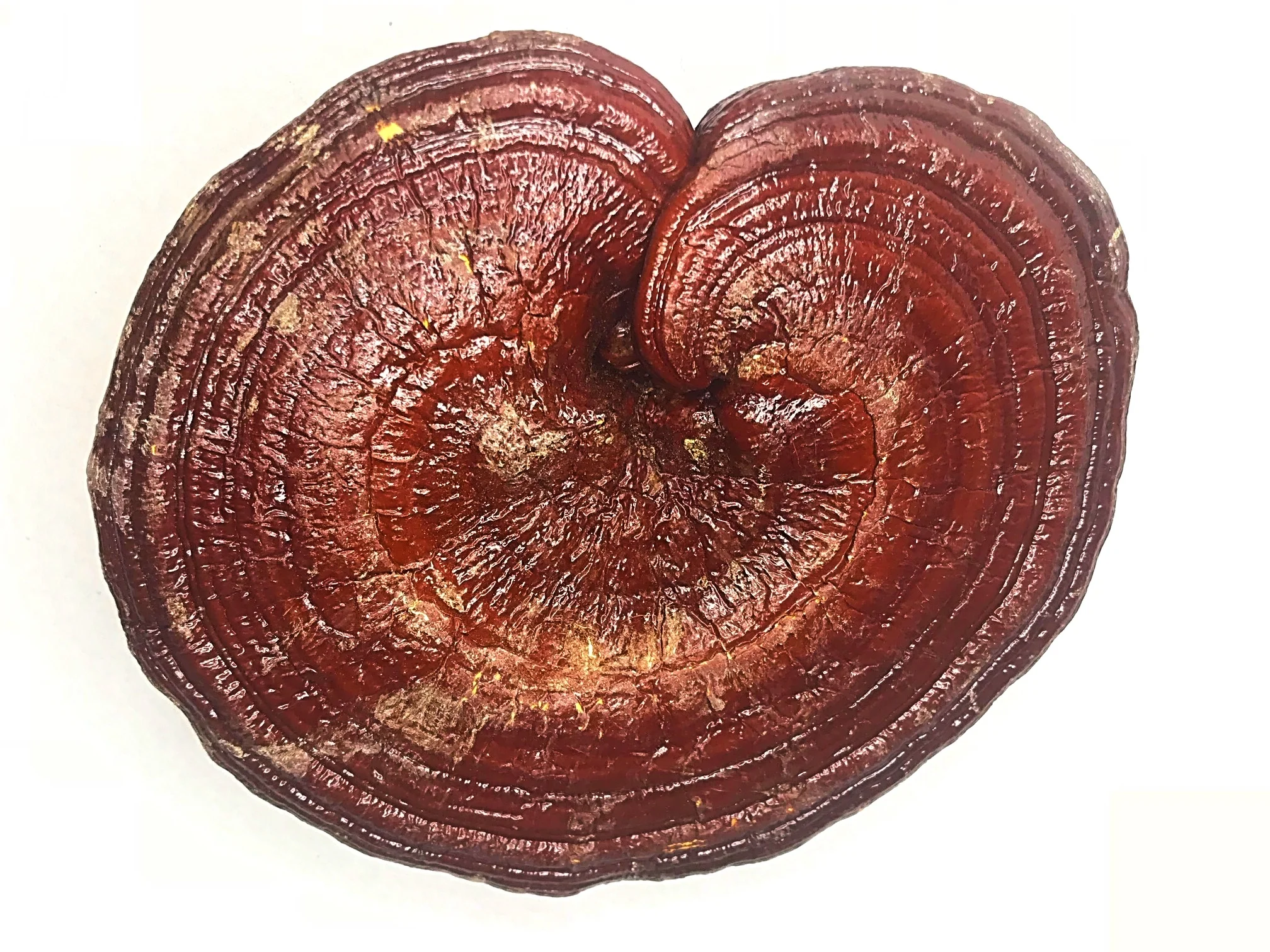Traditional Chinese Medicine
Traditional Chinese Medicine (TCM) is one of the longest continuously practiced medical tradition still in use today and is currently used by approximately one third of the global population on a regular basis.
One of the greatest differences between TCM and modern Western medicine is their approach to understanding illness. In TCM the focus is on understanding the patient's condition as a syndrome as opposed to a disease. You might be asking, "what is the difference between a syndrome and a disease?" A syndrome is a collection of signs and symptom that is going to be unique to each individual and how their illness presents. Through looking at this collection of signs and symptoms your practitioner is able to determine which organ and channel systems are involved and what is causing the dysfunction within that system. In addition to determining what the current dysfunction is, the ultimately goal of TCM is to determine and remedy the root cause of the dysfunction, which is often a matter of lifestyle. Your practitioner will use a variety of methods to arrive at an accurate syndrome diagnosis including: asking questions, observing, and palpating.
Once a diagnosis has been made using the principles of syndrome differentiation, TCM has five primary tools for treatment: Acupuncture and Moxibustion, Herbal Medicine, Manual Therapy, Diet Therapy, and Exercise. Recommendation for treatment with lifestyle elements, diet and exercise, will be provided to most patients. Based on the nature of your illness, your practitioner will recommend treatment options utilizing one or a combination of modalities available. A more detailed description of each of these modalities can be found in the treatments section.
While most people think of acupuncture as only being useful for treating pain, especially of the lower back and joints, the Acupuncture Evidence Project has compiled a list, from meta-analysis of thousands of clinical trials, of conditions that benefit from treatment with acupuncture which includes illnesses from every major specialty of medicine.
Safety and Regulation of Acupuncture & Chinese Medicine
In BC, TCM is a regulated health profession, under the Health Profession Act, and is monitored by the College of Traditional Chinese Medicine Practitioners and Acupuncturists (CTCMA). All practitioners are required to pass national board exams in safety practices, ethics, and clinical competency. In order to be eligible to sit for examination practitioner must complete three, four, or five years of full-time Chinese medical education depending on the designation they are pursuing (R.Ac, R.TCM.P, or Dr.TCM) in addition to two years of undergraduate education. You can us the CTCMA's database to verify your practitioner's credentials, determine their scope of practice (acupuncture and/or herbal medicine), and ensure you are receiving safe and effective treatment.

